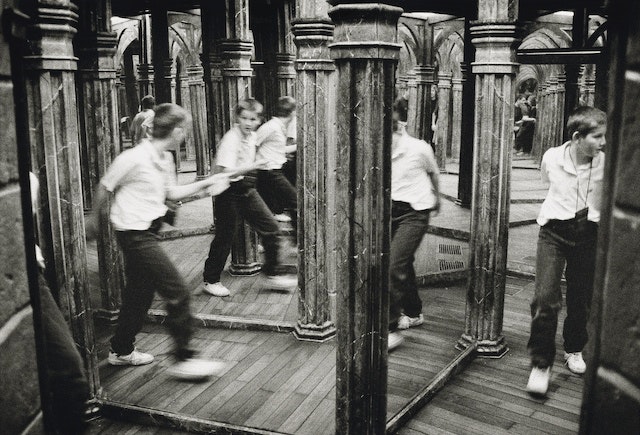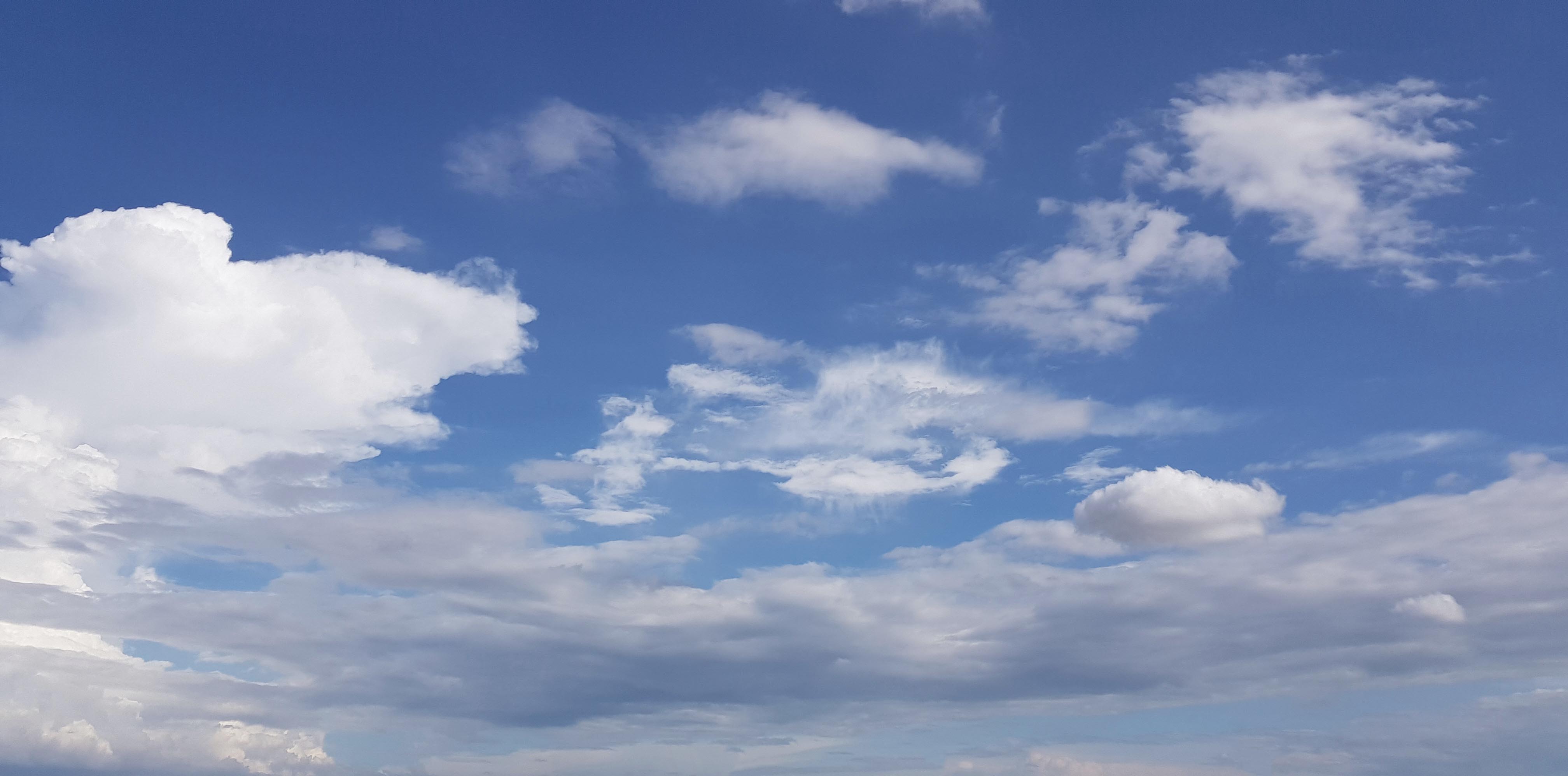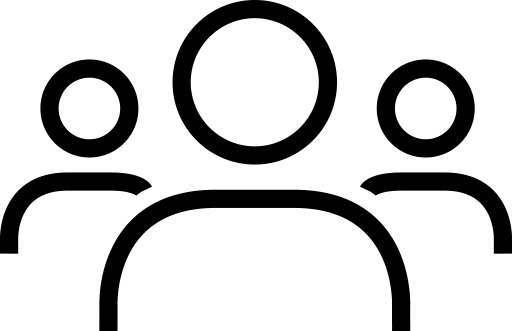Discovering the dark forest
Two weeks ago I sent an email about the dark forest theory of the internet. I used the dark forest theory to explain why we’re afraid to be public online, and what we could be losing as a result.
I first connected the dark forest theory and the internet earlier this year when I had a strange realization: that I knew how to be myself in real life, but I didn’t know how to be myself on the internet.
In “real life” I’m a reasonably self-confident, forty-year-old human. If we sat next to each other on a plane, chances are we’d have a good-to-memorable conversation.
But on the internet, I’m a teenager struggling to find their identity. I’m all awkward exclamation points and weird over-explanations. I’m too self-conscious to be interesting or real.
When I used the internet as an actual adolescent in the 1990s and as a young adult in the 2000s, this wasn’t the case. I blogged everyday. Message boards were how I learned to test theories and debate ideas. These communities were small enough that people knew each other, but big enough that there was diversity of opinion and conversation. You could vehemently disagree with someone about politics in one thread while agreeing just as passionately with them about movie sequels in another.
I had no problem being myself online then. But now it feels different.
A lot of this difference is on me. I’m older. I have more at stake. But it’s not just me that changed. The internet did too. The internet went from a venue for low stakes experimentation to the place with some of the highest stakes of all. With the rise of online bullying, shaming, and even swatting, the internet became emotionally, reputationally, and physically dangerous. It became the dark forest. Our digital selves became evidence that could and would be used against us. To keep safe we exercised our right to stay silent and moved underground.
In The Three Body Problem series, author Liu Cixin presents a similar solution for the dark forest threat: a “black domain.” This device slows the speed of light to create a cloak of invisibility around a planet or galaxy. A black domain stops everything from getting in or out. It’s security through cosmic self-imprisonment.
Dark forests like email lists and Slack groups are more forgiving than Liu’s black domains. They’re not that off-grid. Today’s black domain equivalents might be things like Mastodon, putting phones in freezers, and crypto cold storage. Not many of us are that hardcore with our digital habits (yet). But when it comes to showing our true selves online, some of us are more like black domains than we care to admit.

Beyond the dark forest
When I realized I didn’t know how to be myself online, my first thought was: Who cares? It doesn’t matter. It’s just the internet.
But the more I thought about it, the more I started thinking that it did matter. There’s tremendous value in coming into yourself as a person. Why wouldn’t that be true online, too? Recognizing that my online self was lacking, I made a commitment to learn how to be myself on the internet.
I started with a simple exercise. For one week, I would tweet twice a day. (Normally I tweet about once a month.) I wouldn’t try to impress or be cool. I would try to be real and share what was actually on my mind.
Once in the morning and once at night, I tweeted. I wrote about child-rearing, grocery shopping, politics, books, and basketball. The results were more trivial than revolutionary, and that was the point. I wasn’t trying to stand out. I was getting practice reps at being me. The regular schedule lowered my anxiety and helped dial in my voice.
The next step in my digital self-acceptance was to try sharing my dark forest self with the larger internet. After sending my last email about the dark forest, I posted it on Medium. I wasn’t expecting a response, but the piece blew up. In the last two weeks, more than 100,000 people read it around the world.
The dark forest theory struck a chord. And it’s no wonder: many of us struggle to be ourselves online. We’re wary of showing who we really are outside our dark forests. But we’re also learning there are trade-offs. Our dark forests can become black domains with little connection or influence on the outside world.
So what’s the in-between? That’s what my humble experiments have been trying to find. That process is ongoing, but my more-complicated-in-practice-than-theory answer is to strive to be your true self in every context and vow to be present wherever you are. We can’t lurk in the dark forests and expect to have a positive effect. To positively contribute to the communities and cultures we’re a part of, we have to actively engage. What kind of bowling alley it is depends on who goes there.
Sometimes I question the merits of this project. Why not just delete my accounts and stay in my dark forests forever?
It’s tempting. But whenever I go down that path, I think about Russia’s disinformation campaign that began before the 2016 election and continues to this day.
Russia’s GRU directed their agents to use fake social media accounts to pretend to be American, and then flood Twitter, Facebook, Reddit, and other platforms with politically and racially divisive messages. These sleeper accounts didn’t (and don’t) just post propaganda. They posted about cooking, sports, and other everyday mundanities too. They used the trivial to build trust, normalize the extreme ideas they were promoting, and make their fake accounts seem real.
Here I was retreating from the web because I thought my online presence was unimportant and inconsequential. Meanwhile a foreign power was using its resources to pretend to be someone like me to try to influence someone like me. What kind of influence does that mean I have? What kind of influence does that mean each of us has? And who fills that vacuum if we fail to fill it ourselves?
I didn’t like the possibilities that came up when I tried answering that question for myself. How about you?
Linknotes
A couple emails ago I shared a mix of my favorite songs by a musician named Bill Callahan. Bill’s known as a reclusive artist, but in the past year he’s become much more public. Why is that? Here’s how he explained it to The Creative Independent:
“I decided to stop worrying about that stuff—saying the wrong thing—and just to be more open about things. Hanly, my wife, always says honesty is the most interesting thing and it’s true. I heard this quote from the writer Harold Brodkey who said, “I don’t understand privacy.” I’ve always understood privacy very well, but it’s like—what’s the point of taking your secrets to the grave, or even your banalities? We have this chance to let ourselves be known to other people, to fill out the web of humanity that we’ve been spreading for thousands of years, and I think every little bit that people share—maybe not Instagram photos of your lunch, but other more human things—it helps. It all adds up over thousands of years of time. Why not let other people know you a little bit?”
You’re on point, Bill. You’re on point.
Here’s a new mix of music I’ve made for y’all called Miracles.
- Pastor T.L. Barrett and the Youth for Christ Choir, “Like a Ship”
- Tierra Whack, “4 Wings”
- Tierra Whack, “Hungry Hippo”
- Solange, “Stay Flo”
- William Onyeabor, “Tomorrow”
- ABRA, “Roses”
- Fela Kuti, “Trouble Sleep Yanga Wake Am”
- Can, “Tango Whiskeyman”
- Parquet Courts, “Borrowed Time”
- Todd Rundgren, “I Saw the Light”
- The Clash, “Charlie Don’t Surf”
- Steve Lacy, “Ryd”
- Neil Young, “Out on the Weekend”
- Scary Mansion, “Go to Hell”
- Johnnie Frierson, “Heavenly Father, You’ve Been Good”
You can listen here:
Peace and love my friends,
Yancey
The Bento Society

